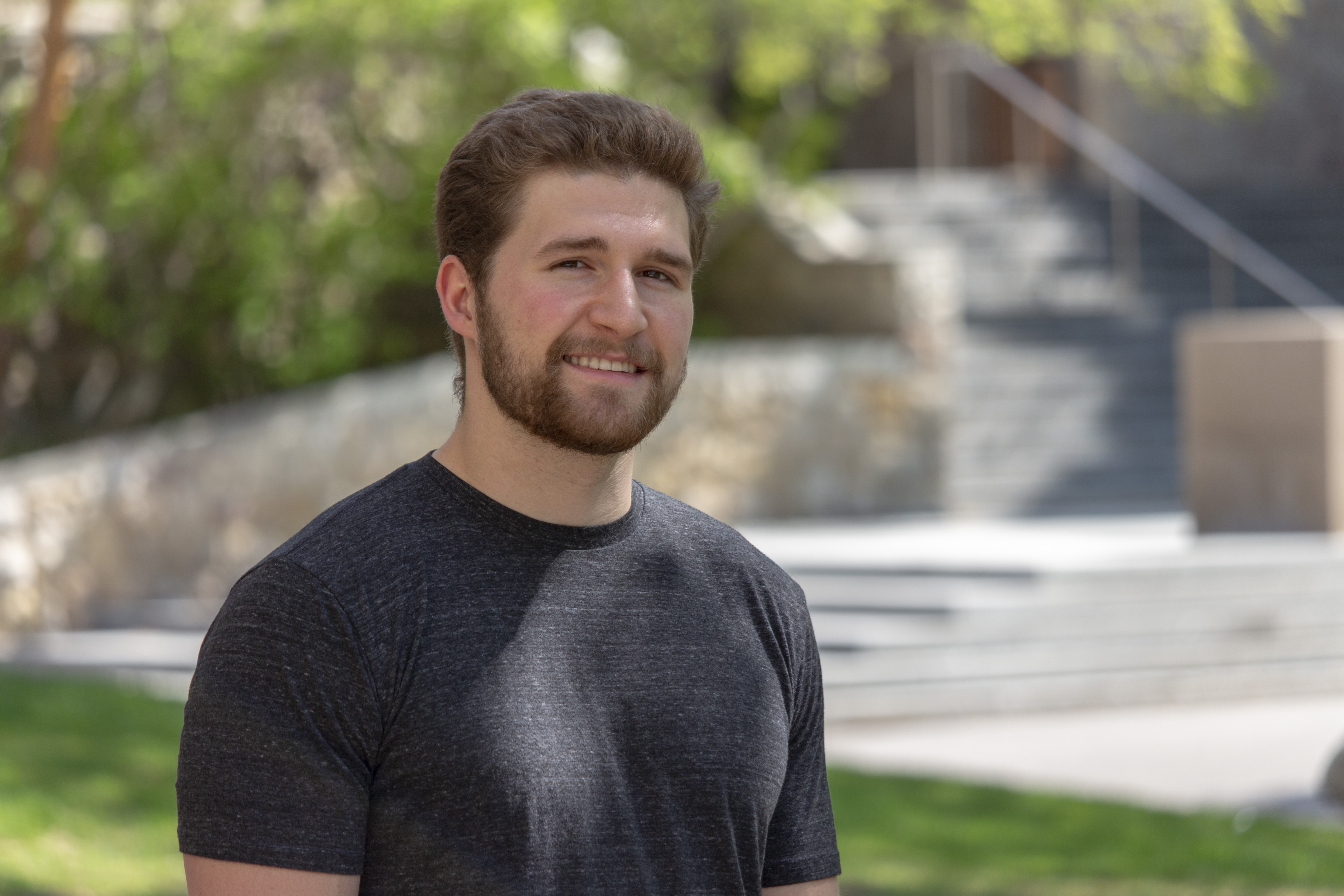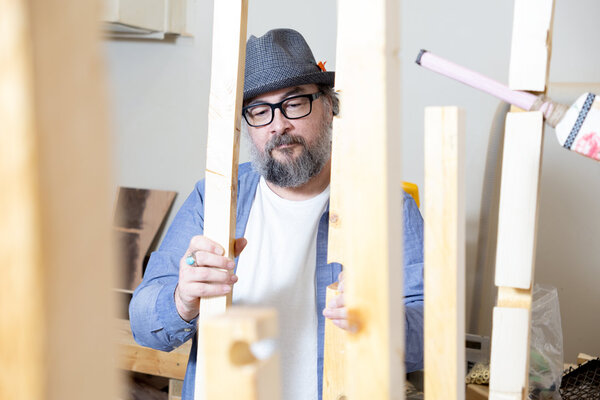
Physiology and pharmacology student to receive three convocation awards
Jacques Laniece will be honoured with the Earl of Bessborough Prize in Science, the Jack Miller Bursary in Physiology and Pharmacology and the Governor General’s Silver Medal
By Shannon Boklaschuk
When Jacques Laniece found out he would receive three top prizes during the upcoming University of Saskatchewan (Usask) convocation, he felt “completely overwhelmed with joy, pride and excitement.”
“I rushed to inform my parents and closest friends, and I have been treasuring their reactions and the pride they show for me,” he said. “I felt—and feel—so incredibly honoured to receive these awards. It feels like the perfect materialization of all the hard work I have put in the last four years.”
The College of Arts and Science student will receive the Earl of Bessborough Prize in Science, the Jack Miller Bursary in Physiology and Pharmacology and the Governor General’s Silver Medal during spring 2019 convocation.
“The best part about studying in the College of Arts and Science was the freedom I had with my electives and the amount of electives I could take,” said Laniece. “I really enjoyed experiencing a wide range of classes completely unrelated to my major, from Spanish to music theory to computer science to philosophy. I extracted a surprising amount of valuable knowledge from each elective class I took, and I don’t believe I could have taken them all had I been in a different college.”
Laniece, who will receive a Bachelor of Science degree in physiology and pharmacology, financed his education through scholarships and by working two—and, at one point, three—part-time jobs. The former gymnast did this while maintaining excellent grades, an active social life, playing classical acoustic guitar, participating in sports and volunteering for several local organizations.
“My education at USask was a period of intense growth for me in terms of knowledge, maturity and life direction,” he said. “I learned to become very knowledgeable about certain topics, and I learned to appreciate how little I know about nearly every other topic. In terms of maturity, I learned to take my life seriously and put my best work into everything I do.”
Laniece was born in France and moved to Saskatoon as a baby. He is bilingual and returns to his birth country frequently to visit family members. He has also put his language skills to use in his volunteer role as an English-French translator for French immigrants seeking medical care, through Réseau santé en français de la Saskatchewan.
Laniece’s other volunteer interests are related to hospice and palliative care and to youth mentorship. He is the youngest volunteer with the Prairie Hospice Society, where he has volunteered since November 2017. In January 2018, he was matched with a mother with a terminal illness who wanted someone to spend time with her eight-year-old son. As a result, Laniece took the boy to organized sports events and to other activities throughout the city.
When the woman passed away from her illness in January 2019, Laniece and the Prairie Hospice Society transferred the relationship to Big Brothers Big Sisters of Saskatoon so that Laniece and the child could continue spending time together.
“Through weekly outings we build a relationship where I serve as a role model and someone for him to talk to and share the experiences of growing up with,” Laniece said.
Lanience attended Marion M. Graham Collegiate in Saskatoon. After completing high school, he entered USask’s College of Kinesiology. He later transferred to the College of Arts and Science to study physiology and pharmacology due his fascination with the functions of the human body.
“Since a very young age I have been extremely curious about how my body functioned and would constantly ask my parents questions like, ’Why do I feel pain? Why do I have blood? Do I breathe when I am asleep?’ I have found the physiology and pharmacology program to be an excellent fit for me to explore my passion for physiology and to feed my ever-growing curiosity for the ways in which the human body functions and reacts,” he said.
After taking some time to travel in Asia and Australia, Laniece plans to return to Canada to study medicine. His long-term goal is to work as a physician while maintaining active roles in palliative and hospice care and in youth mentorship. He also hopes to participate in research investigating the neurophysiological mechanisms of depression and death anxiety.
When asked about his advice for other undergraduate students, Laniece noted that “that there is almost always some way to relate class content, of just about any class, to something relevant in your life.” For example, when he decided to enroll in a music theory class as an elective course, he also started taking piano lessons so he could apply the course content as he learned it.
As well, Laniece was required to take a genetics class and, originally, he was not very interested in it. However, after having his DNA analyzed through an online service, he was motivated to learn the material in the class to better understand his own DNA results.
“Realizing those connections makes the content so much more interesting and easy to learn, because you will actually want to understand and retain the content for yourself—not just to regurgitate it on an exam,” he said. “By doing this you will do better in your classes, and you will get a lot more out of your education.”


